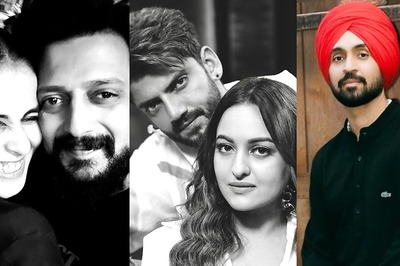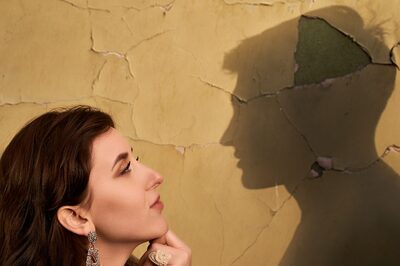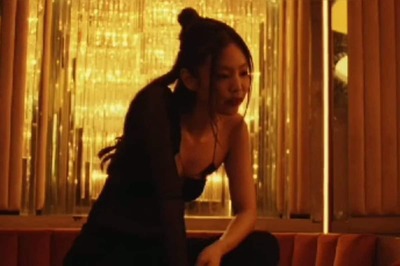
views
Washington: Ten years after terrorists struck US unleashing a backlash against the South Asians given their close resemblance to the hijackers from the Middle East, the community has come a long way.
"Looking back, the country has changed substantially. Just after 9/11, people at large looked at South Asians with some suspicion. Things have completely changed now," Thomas Abraham, founder president and chairman emeritus of the Global Organization of People of Indian Origin (GOPIO) told IANS.
"Indian American community has become very active politically," he noted. "We have two governors and over a dozen legislatives in the state, county and city levels. We have several people in the administration. That is a lot of accomplishments for the Indian American community."
Abraham recalled that after 9/11 GOPIO had asked "our community members to be alert and cautious since the terrorists were from the Middle East and close resemblance to South Asians."
Deepa Iyer, executive director, South Asian Americans Leading Together (SAALT) also recalled how the organisation transformed and expanded its mission after 9/11.
"When we saw the impact of backlash and discrimination on our community, we realised that there was a void, especially at the national level, of a voice dedicated to raising the perspective of South Asians in the US," she told IANS.
"SAALT aimed to fill that void, and to bring the issues faced by our communities 'at the table,' so to speak, especially with government agencies and elected officials," Iyer said.
In 2007, SAALT helped create the National Coalition of South Asian Organizations (NCSO), a network of 42 organizations that serve, organise, and advocate on behalf of the South Asian community across the US.
Another community organisation, the Sikh Coalition has organised hearings on post-9/11 backlash and discrimination attended by over 200 members of Sikh, Arab, Muslim, and South Asian American communities as well as government officials, advocates, and scholars.
Billed as the Unheard Voices of 9/11, the hearings in New York City and Mountain View, California, featured testimony from individuals impacted by backlash discrimination, including targets of school bullying, job discrimination, and profiling.




















Comments
0 comment